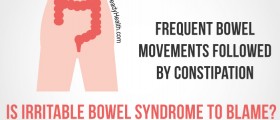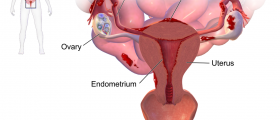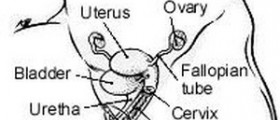
There are a lot of women in the world who suffer from endometriosis. Due to that fact, it is important that all women get to know as much as they can about the condition. Getting to know the symptoms of endometriosis is the first step every woman should take.
There are a lot of similarities between the symptoms of endometriosis and bowel symptoms and that is the main reason why physicians will not instantly suspect of endometriosis when a patient with these symptoms comes to the hospital. The physician will almost always consider other medical conditions related to the bowel before he or she takes endometriosis into consideration. People need to know that bowel symptoms are very common with people who suffer from endometriosis. According to certain researches, over 60% of all people who suffer from endometriosis also experienced at least one of the symptoms that are linked with the gastrointestinal tract. According to the questionnaires that all patients fill out before the operation, diarrhea is the most common symptom that they experience. 60% of all patients experience it. Apart from diarrhea, patients also experience constipation quite often and intestinal cramping and painful bowel movements. People should know that this research included only patients with severe symptoms.
Bowel symptoms in endometriosis patients
The doctors have made a list of the most common bowel symptoms that people suffering from endometriosis experience. These symptoms are painful bowel movements, constipation, diarrhea, alternating constipation and diarrhea, intestinal cramping, nausea, vomiting, abdominal pain, rectal pain and bleeding. There is no rule when the number of symptoms a patient may experience because some experience one of the symptoms while some patients experience all of them. The symptoms are most likely to become even more problematic when a woman is having her periods. If that is the case, women should seek medical assistance.
The causes of bowel symptoms in patients suffering from endometriosis
According to the data, only 15% of all patients have endometriosis on the bowel. If a person’s endometriosis is on the bowel, she is most likely to have superficial or localized disease. In most cases, all that is needed for the disease to be removed is a simple laparoscopic excision. However, this is not always the case and up to 2% of all patients require a more significant surgery. Women should know that even if endometriosis does not occur on the bowel, she may still experience bowel symptoms.

















Your thoughts on this
Loading...